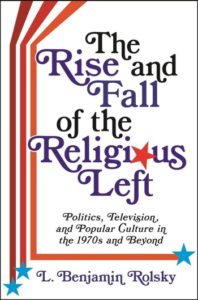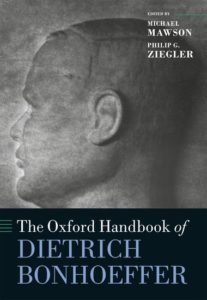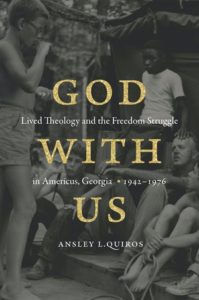 Lived Theology and the Freedom Struggle in Americus, Georgia, 1942–1976
Lived Theology and the Freedom Struggle in Americus, Georgia, 1942–1976
In God With Us, author Ansley Quiros examines the theological struggle over racial justice through the story of one southern town–Americus, Georgia–where ordinary Americans sought and confronted racial change in the twentieth century. Many people forget that the struggle over civil rights was not just about lunch counters, waiting rooms, or even access to the vote; it was also about Christian theology, and we can still feel its impacts today.
Since both activists and segregationists ardently claimed that God was on their side, racial issues were imbued with religious meanings from multiple theological traditions. Southerners resisted, pursued, and questioned racial change within every Christian framework they could think of, including the major white Protestant denominations, the mass meetings in black churches, and in Christian expressions of interracialism. Documenting the passion and virulence of this struggle, this book offers insight into how midcentury battles over theology and race affected the rise of the Religious Right and indeed continue to resonate deeply in American life.
Reviews and endorsements of the publication include:
“Both a compelling read and a valuable resource, God with Us is well-researched, well-written, and voluminously documented. The intersections it describes—between Koininia Farm and the surrounding community, between the SNCC and SCLC and the freedom movements in Americus and Albany, between non-violent direct action and random murder, between Clarence Jordan and Martin Luther King, Jr., —make this book a signal contribution to our understanding of the lived theologies that animated both the civil rights movement and those who rejected it.”—The Journal of Southern Religion
“This outstanding book tells a new story of the civil rights movement in southwest Georgia, inflecting the national and regional conversation with local flare. Quiros allows us to see how the bright light moments of the movement played out in ordinary lives.”—Doug Thompson, Mercer University
“I grew up around Americus, and Quiros has captured something I remember well: a community in flux and the tension between neighbors over issues of race and religion. The people and scenes are vivid and the story well told. Additionally, it captures something dear to me–the power found in Christian theology.”—President Jimmy Carter
For more information on the publication, click here.
Fellow travelers are scholars, activists, and practitioners that embody the ideals and commitments of the Project on Lived Theology. We admire their work and are grateful to be walking alongside them in the development and dissemination of Lived Theology.

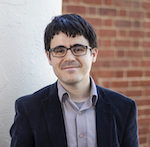
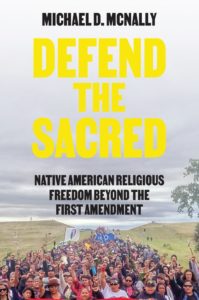 Native American Religious Freedom beyond the First Amendment
Native American Religious Freedom beyond the First Amendment